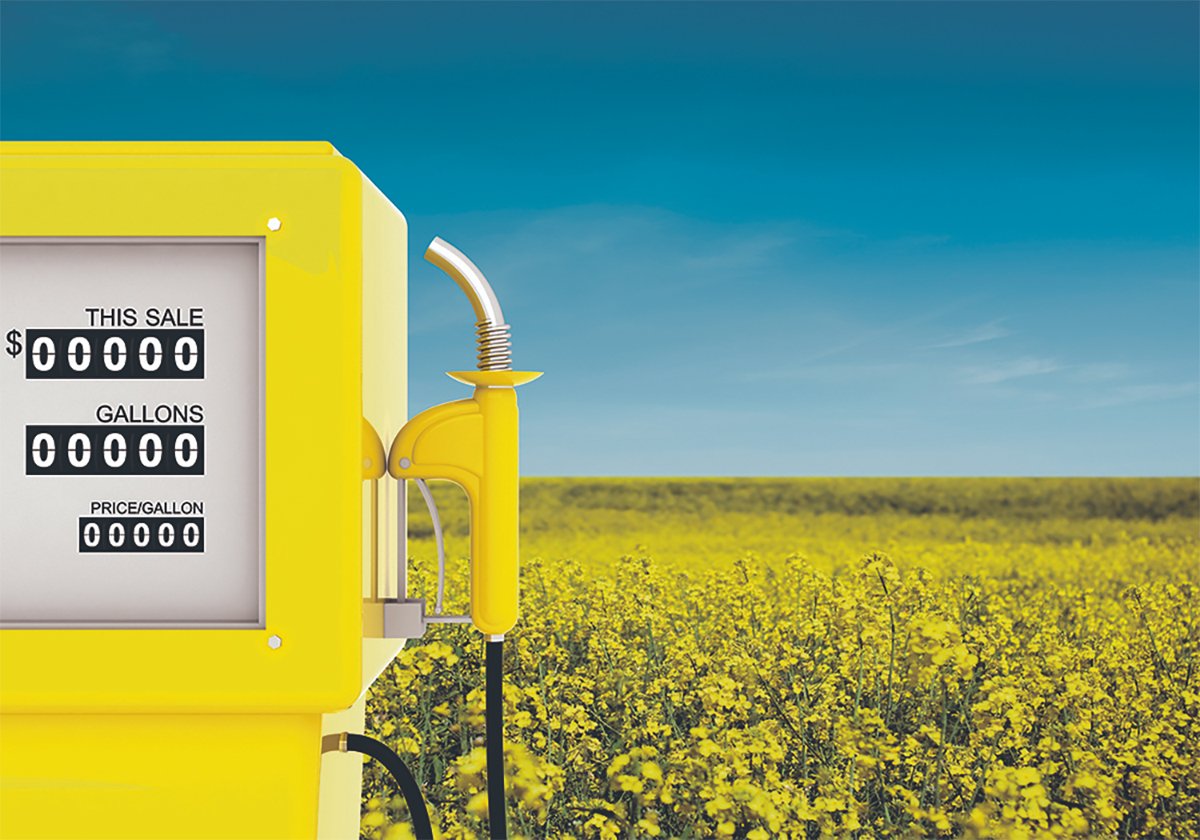Alberta Pork chair Frank Novak is counting on eventual improvements to the prairie hog industry.
The question is, where to begin?
Novak’s report to a series of Alberta Pork regional meetings in late May was a sobering message.
“Our balance sheets and our bank accounts are empty,” he told a Lethbridge meeting.
“I think we all agree our pricing model is wrong. I don’t know what the right one is, necessarily, but this one ain’t working. It’s quite clear that our long-term sustainability counts on us having a fundamental change in the way we do business.
Read Also

Biofuel sector happy with federal budget
Advanced Biofuels Canada says new Biofuel Production Incentive is a lifeline until CFR amendments are in place.
“And there’s just about enough anger now to actually make people want to do something different.”
Producers who came to the microphone expressed concern over inadequate hog prices, retail habits of using pork as a loss leader and the cost of retrofitting barns to eliminate gestation stalls.
In a later interview, Novak said Western Canada should be the ideal place to produce hogs, given its space, feed and water availability, high biosecurity and low density.
“It is the poster child for a bright future, and yet the one place that we’re getting killed is in Western Canada. So that tells you there’s a whole bunch of other things that have gone wrong that have nothing to do with the fundamentals of producing animals in Western Canada.”
About two-thirds of Canadian pork is exported to countries where animal welfare concerns are less important than safe, quality food.
Yet many Canadian consumers are preoccupied with sow housing and welfare issues. Pressure applied to retailers, followed by their pronouncements about production methods, put producers in a precarious position.
“Do I make a change for a quarter of my market or three-quarters of the market, and by the way, those three-quarters are actually paying me more for this product,” Novak said.
In his speech, he criticized partners in the value chain, who he said offload their problems onto producers. Governments haven’t provided needed assistance either.
“Go through the list of all the things that our federal government should have done or provincial governments could work on, I’m really hard pressed to find a success story.
“They’ve messed up every single opportunity to do a trade agreement, they refused to stand up behind us and help protect us against unfair trade practices from other countries and they’re doing a masterful job of messing with rules and regulations that make our lives more expensive and painful.”
Economic times are good for western Canadian grain farmers, he added, but the hog industry is part of their market. If it falters, it will impact grain farmers, so the pork industry needs their support, said Novak.
“I think it’s time that fair trade is not just for third world coffee farmers. Now it has to be our turn.”















